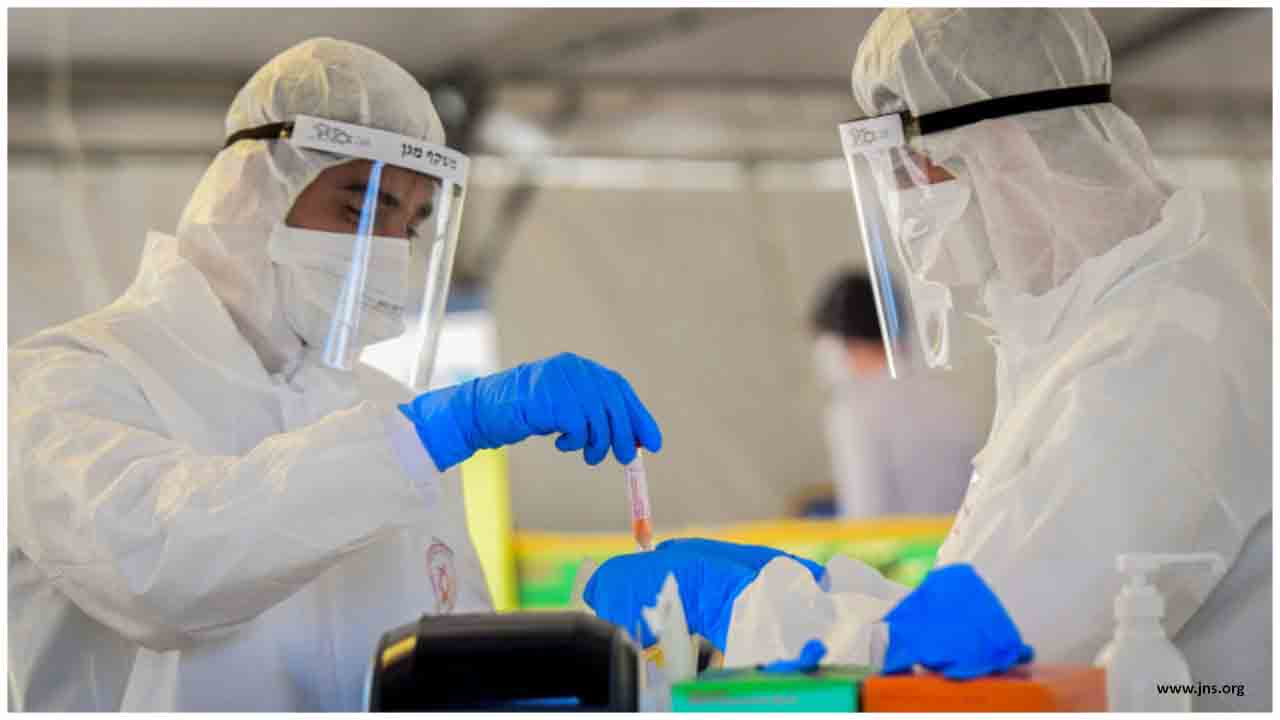Toward the beginning of the COVID-19 scourge in Uzbekistan, sourcing and putting in new hardware to complete testing in research facilities end up being troublesome. To help reinforce readiness, WHO/Europe, the United Nations Population Fund (UNFPA), the International Agency for Research on Cancer (IARC) and the French Embassy in Uzbekistan discovered imaginative manners to repurpose machines as of now set up in the nation's emergency clinics.
WHO/Europe and UNFPA gathered information which set up that there were at that point 60 polymerase chain response frameworks for fast discovery of various infections spread out the nation over which might be utilized to test for COVID-19. A gathering of organizations and authorities, united by WHO/Europe, was at that point working together on a pilot study to start screening for cervical malignancy in the nation. They guided wellbeing specialists to repurpose the machines as opposed to attempting to source new ones.
"The way that we previously had this system instead of individuals who knew and believed each other made it conceivable to discover arrangements," says Marilys Corbex, Senior Technical Officer on non-communicable maladies, WHO/Europe. "The data and mastery we gave helped experts in Uzbekistan to more readily comprehend their alternatives."
Everyone that was required was for a cartridge to be embedded into an effectively accessible machine to test for COVID-19. This could spare assets at a crucial time while helping Uzbekistan to find a way to manage the COVID-19 emergency.
"Experts in Uzbekistan were attempting to locate the best test at the national level. We gave them that there were machines previously being utilized for HIV and tuberculosis testing, and intended to be utilized for cervical malignant growth screening, which could promptly test for COVID-19, setting aside the time and cash," clarifies Dr. Isabelle Heard, a specialist from IARC, who gave specialized direction.
Dr. Heard focuses on the quality of the interdisciplinary and interagency organize as of now set up at that point, which made it conceivable to adjust rapidly and effectively to the developing
COVID-19 circumstance.
In spite of the fact that the repurposed machines were not utilized for Covid-19 testing at long last, the activity helped the experts in Uzbekistan better evaluate their alternatives and maintain a strategic distance from possibly costly slip-ups.

 WHO/Europe and UNFPA collected data which established that there were systems for rapid detection of different viruses spread out across the country
WHO/Europe and UNFPA collected data which established that there were systems for rapid detection of different viruses spread out across the country





.jpeg)






.jpeg)






.jpeg)








.jpg)


.jpg)
